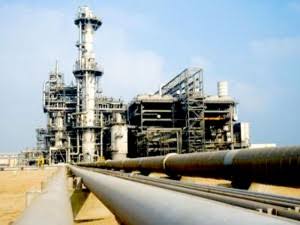The Minister of State, Petroleum Resources, Timipre Sylva announced the Federal Government’s plans to rehabilitate the county’s refineries. Against the backdrop of this announcement, experts in the petroleum downstream industry have said that the government lacks credibility to restructure the sector and bring the refineries to full operation.
The country has four refineries with 524,000 barrels per day capacity. However, in the last 20 years, the refineries have had a poor operating record with average capacity utilization hovering between 15 and 25 percent per annum. As a result of this poor performance, 70-80 percent of the national petroleum products demand is met through imports.
Operators in the petroleum industry have therefore insisted that the Federal Government cannot make the country’s refineries efficient.
Speaking at the side line of Nigeria International Petroleum Summit (NIPS) in Abuja, Chairman of Integrated Oil and Gas company, Captain Emmanuel Iheanacho said the downstream sector has not functioned the way it should. According to him, the sector is replete with a lot of challenges, which include questions about refineries in the Nigerian context do not work.
Calling for the deregulation of the downstream petroleum sector, he stated: “For market structure, the issue of deregulation is a front burner. The reason for market structure bears the cost and efficiency of how products are distributed. If you have a monopoly as it’s been experienced in Nigeria, you can be inefficient as you like and nobody is pressing operators to change operations and make it cheaper.”
In his view, Chief Executive, OVH Energy, a subsidiary of Oando Plc, Huub Stokman, called for deregulation of the sector as well as a public-private partnership, saying “We need a free market. I come from countries and industries were this works, both from the supply and consumer end. There is a need to have plurality and an open transport system. We must upgrade our jetties and infrastructures to include rail and pipelines. We need to look at public and private partnerships in the development of pipelines.
“The enhanced refining capacity which is eminent in both the modular and conventional refineries would change the paradigm from an importing country to a self-sufficient one and as a key catalyst for the rest of the industries in the country.” He stated.

